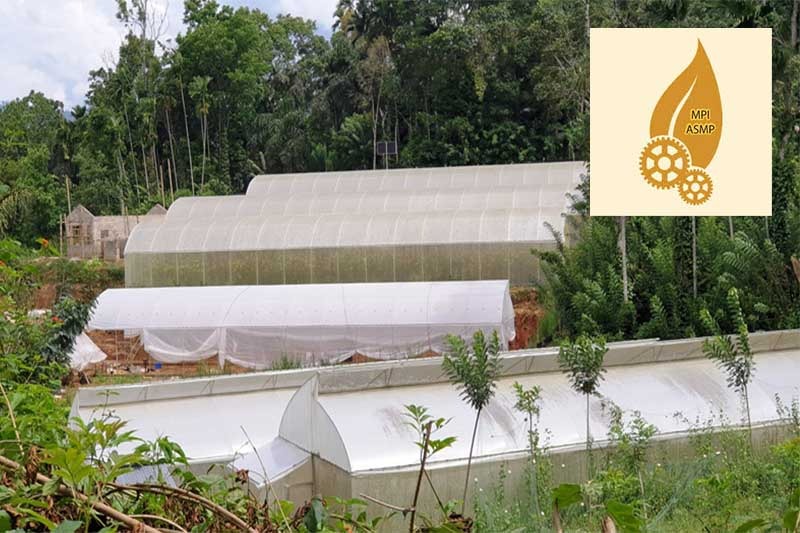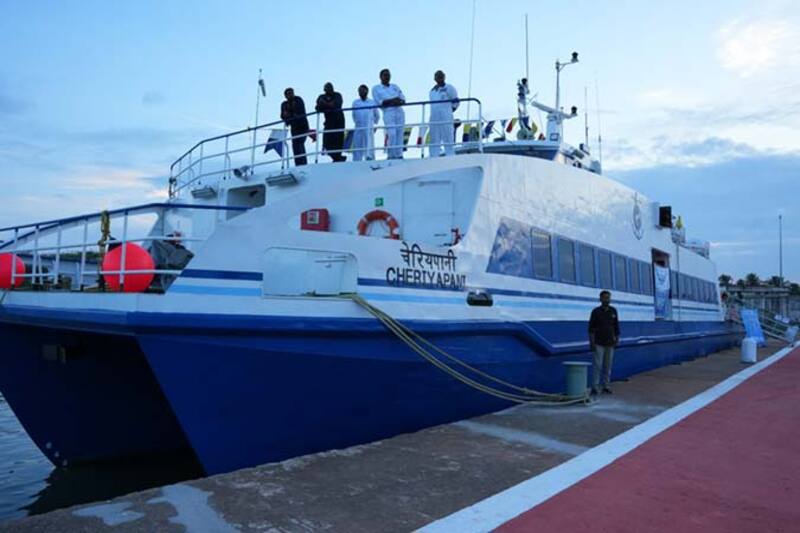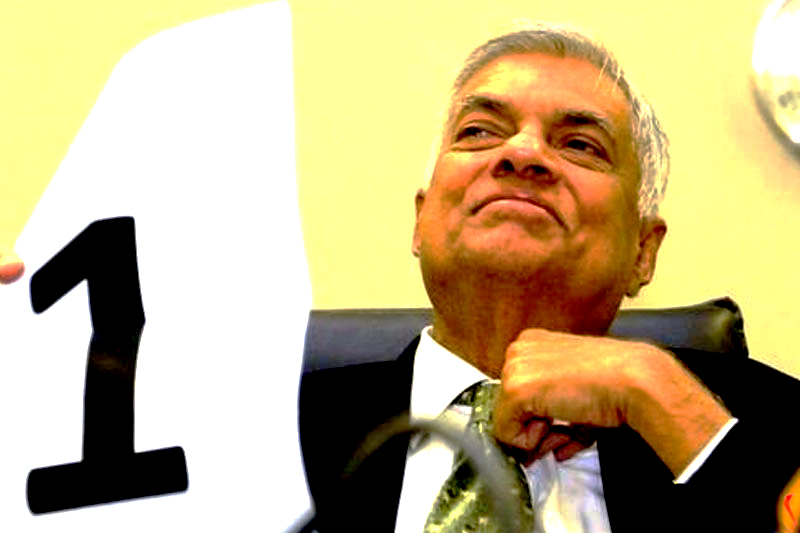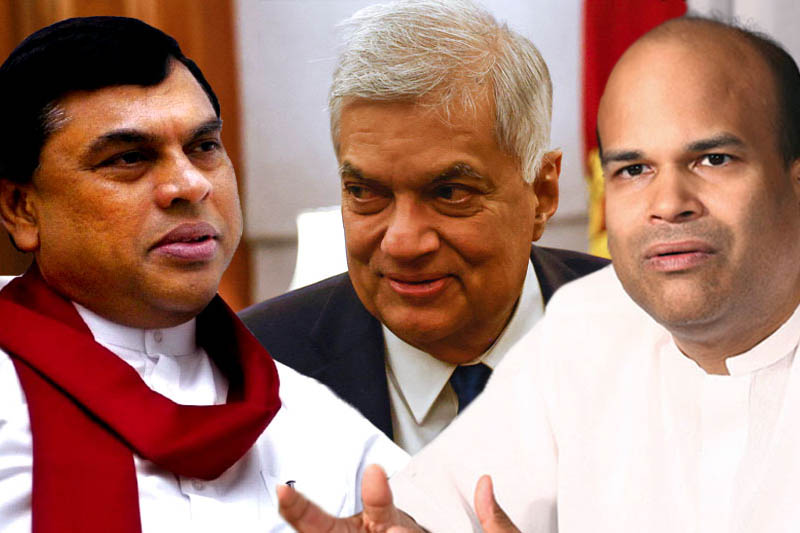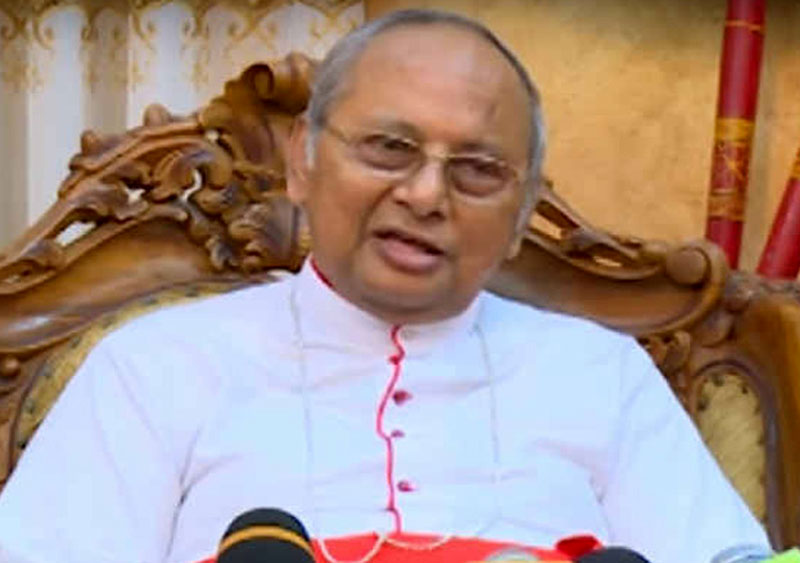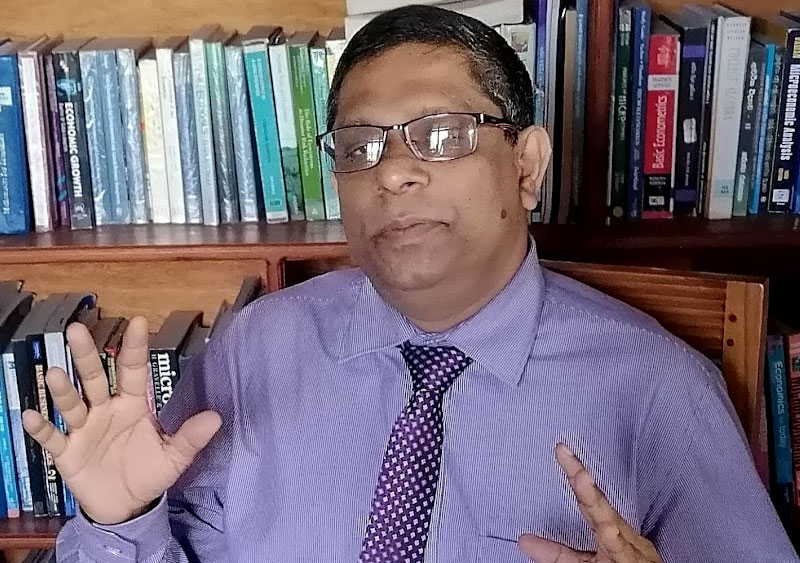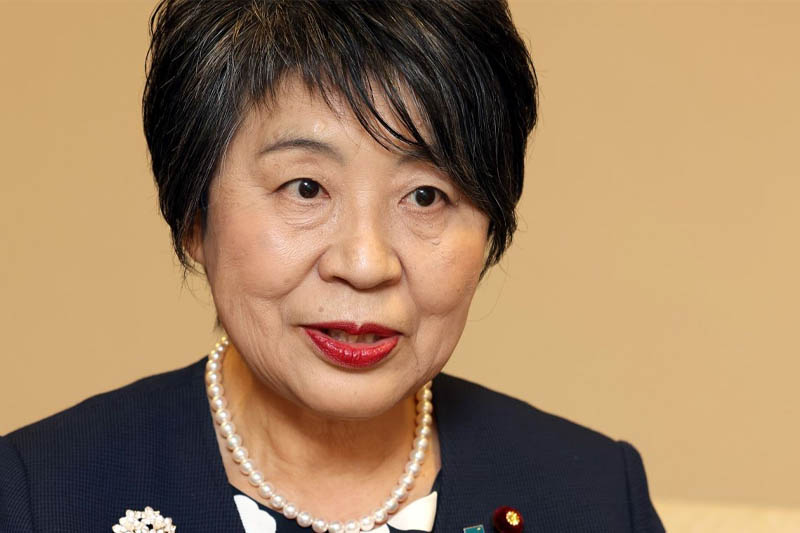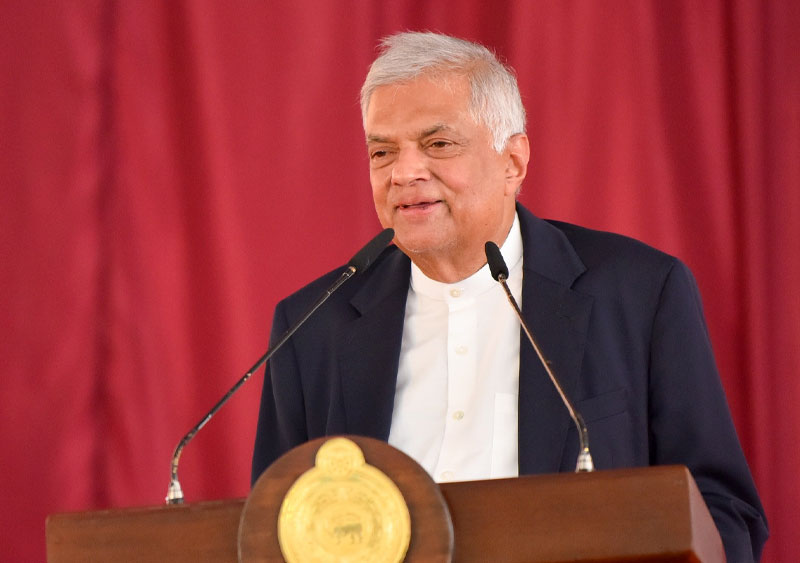Colombo: At a time when Sri Lanka was grappling with its worst economic and food crisis and when its citizens were facing a never seen before inflation, a World Bank grant meant to address the brewing farm crisis and disbursed to poor farmers and beneficiaries could not be completed due to poor planning.
The beneficiaries for the USD 60 million (LKR 19 billion) global agricultural grant were poor and marginalised farmers who were at the mercy of unseasonal rains and vagaries of bad weather.
The poor implementation of the Agriculture Sector Modernization Project (ASMP) scheme meant there was widespread crop abandonment and misery in the farming community in the middle of the Janatha Aragalaya, the widespread political protests that broke out in 2022, largely against the corruption and misrule of the Government.
Now a year-long investigation supported by a financial grant from the International Centre for Journalists (ICFJ), a non-profit network of global journalists based out of the United States, has laid bare some wide gaps in the World Bank-supported scheme of the Ministry of Plantation (MP).
The World Bank had initially designed the ASMP programme in 2015 but it took nearly two years for the actual disbursement of funds to begin only in 2017.
According to the data accessed from the ministry by this reporter under the Right to Information (RTI) Act, nearly 1,388 beneficiaries, including smallholder farmers, were part of the first list of disbursements, receiving the initial tranche of loans in support of their agribusinesses.
The ICFJ investigation based on the queries filed under the RTI with the MPI, revealed that nearly LKR 6 billion, a third of the funds, were diverted to these first set of beneficiaries.
One such enterprise was Vavuniya district-based Wijaya Products, which was given a grant of LKR 512,000 or USD 1676. The owner of the enterprise was farmer RB Wijayabandara, a resident of the area, who died soon after he received the grant. “He was a cousin of Shanika Udayangani Rathnayake but he died some years back,” said Hemalatha VithPanage, a local resident. “I never saw a business enterprise (Wijaya Products) here.” The ASMP state officials in Vavuniya confirmed the death.
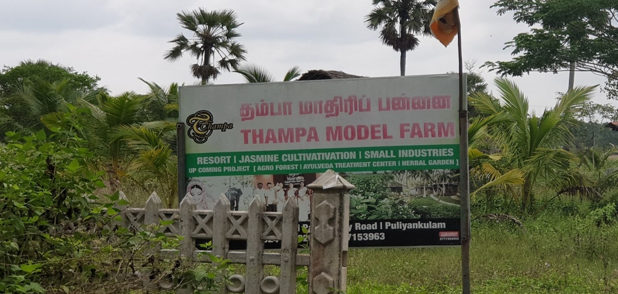
Thampa Farm
Few blocks down in the same district, Thambapilai Premendrarajah who got the grant in the name of agribusiness 'Thampa Model Farm' set up for the cultivation of the Jasmine flowers. The project documents show a grant of LKR 8,550,000 (USD 27,999) was given to the project but it never took off in the manner it should have, Mr. Premendrarajah told the reporter from his home in Puliyankulam, about 15 miles from Mahakachchikudia. Mr Premendrarajah is also the proprietor of the local popular hotel Thampa Tourist Hotel and Inn.
Short-term planning makes the scheme falter
Experts said the ICFJ investigation is a reminder that global welfare schemes and grants are routinely disbursed in Sri Lanka based on political and business affiliations.
The recipients of ASMP grants are not liable to repay what they receive while the burden of repayment falls upon the whole nation. The recipients have to modernize their enterprises in keeping with their project proposals and boost their production and government revenue, experts suggest.
“In this instance due to the lack of proper supervision by the World Bank or the government of Sri Lanka, the recipients were able to misuse the ASMP funds as they wished, irrespective of what they had put down in their project proposals. In the absence of proper oversight, the ASMP loan provided by the World Bank has increased Sri Lanka's debt because of crooked government officials. Ironically, it is both the Government of Sri Lanka and the World Bank who have together neglected their duties by not monitoring the ASMP loan scheme diligently,” said professor Ananda Jayawickrema, Professor of Economics of the University of Peradeniya.
One of the underlying conditions of the ASMP grant supported by the World Bank was for the promoters to maintain 40% equity, but many businesses who applied and got the grant violated the terms. A close analysis of the projects shows several of them were financed by bank loans and not promoter capital, exports said.
Roshan Ransinghe, 40 years old, stands surrounded by stray thoughts on his farmland, contemplating what could have been of his micro-enterprise if all went according to the plan. His ambitious plans for cultivating bell pepper with assistance from the ASMP have come to a cropper mid-way. The farm is located in Goonnagahabokka, Sapugolla, Uvaparanagama. A LKR 814,567 (USD 2667.56) assistance and a subsequent bank loan could not help the business to collapse. “We started with 50 employees and now are left with just two. I had no choice but to stop the business, even as I continue to pay the bank loan,” a dejected Ransinghe said.
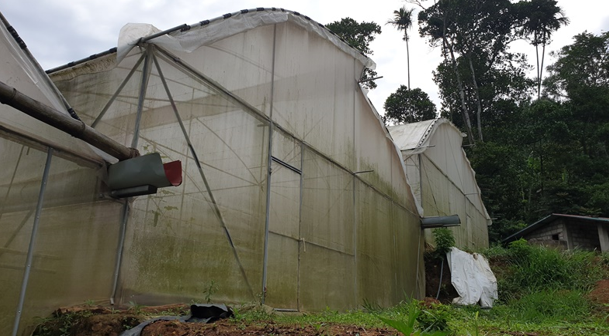
Roshan Ranasinghe’s abandoned bell pepper plantation - Ranasinghe Agri Farm
Many others are struggling to sustain their business under stress from bank loans and delays in the release of the remaining tranche of the grant. Making Greenhouse farming a profitable enterprise is a challenge the world over even as commercial greenhouse farming has emerged as a lucrative business.
A greenhouse is a transparent structure built to allow natural light for feeding plant growth. Many of the ASMP projects had envisaged Greenhouse Horticulture Farming, an expensive proposition that cannot be undertaken without state support and assistance.
Without proper planning, many are finding it hard to make their greenhouse projects viable. One such project is the Lakindu Green House Project funded under the ASMP in the ''Sanjeevi'', Kandekumbura, Bambarawana, Welimada region. The promoter Buddhika Manawadu, a 42-year-old small-time farmer, got a grant of LKR 6.4 million (USD 21,286) and received half of it while borrowing the rest from the bank.
“I am now paying a bank installment of LKR 1,00,000 (USD 327) every month. The raw material used in Greenhouse farming has become expensive. Three years after receiving the ASMP support, I am still not at breakeven,” he told this reporter.
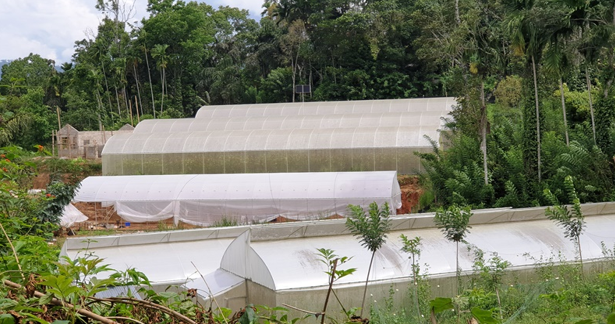
Ratnafarm in Welimada
Ratnafarm, a small holding that had received the grant for the project located in the Dalukwella area of Welimada, said he had discontinued his business during the Covid-19 crisis.
As a result of the increasing cost, the business was no longer sustainable in the long run. “I would rather do something that is viable in the long run,” he added.
Rahul Samantha Hettiarachchi
(Supported by: ICFJ Financial Forensic Grant)


